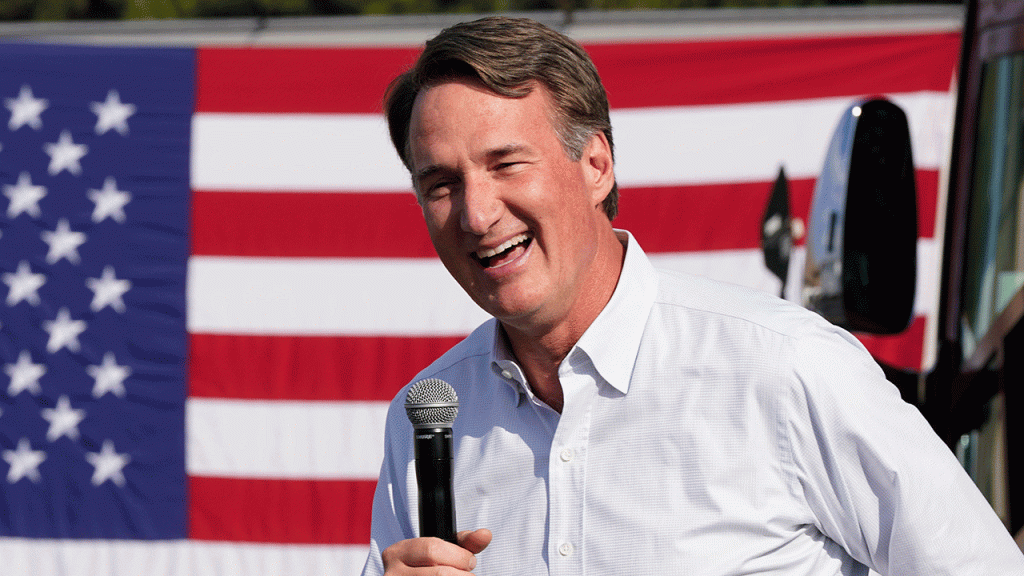Virginia Gov. Glenn Youngkin recently vetoed several bills from the final batch of the year’s regular legislative session, including legislation focusing on protecting access to contraceptives and a measure that would have allowed small businesses to host skill games. Despite Youngkin proposing amendments that were rejected by the legislature, he stated he was willing to continue working on these issues with the Democratic-controlled General Assembly but vetoed measures he believed were not ready to become law. The governor signed seven bills into law and vetoed 48, including the Right to Contraception Act, which aimed to protect access to contraception. Youngkin cited concerns about trampling on the religious freedoms of Virginians and emphasized that access to contraception is already protected under the Constitution.
The bill initially defined contraception, prevented any restrictions, and established enforcement through civil penalties. While Youngkin had sent back a substitute measure reaffirming Virginians’ right to access contraception under current Supreme Court precedents, the original bill was ultimately vetoed. The governor stressed the importance of quality health care for women, noting that contraception plays a vital role in reducing abortions and creating a family-friendly environment in Virginia. He also expressed the need for robust conscience clause protections for providers and emphasized the fundamental right of parents to make decisions concerning their children’s upbringing and care. Youngkin believed that the measure created overly broad cause of action against political subdivisions, parents, and medical professionals acting within their scope of practice.
In addition to vetoing the contraception-related bill, Youngkin also vetoed a controversial measure that would have provided taxpayer-backed health insurance to illegal immigrants. Democrats criticized the governor’s actions, with state party chair Susan Swecker accusing Youngkin of not caring about the health or rights of Virginians. The veto of the skill games measure, which was widely expected, was another contentious issue. Youngkin had sought to overhaul the bill by proposing a higher tax rate and stricter limits on where the machines could be located, but his changes were overwhelmingly rejected by the Legislature. The governor also vetoed a bill that would have eliminated a recordation and property tax exemption for the United Daughters of the Confederacy, a women’s group known for erecting Confederate monuments, citing misalignment with modern values.
Overall, Youngkin’s recent vetoes demonstrate his commitment to protecting religious freedoms, parental rights, and ensuring that measures align with his vision for Virginia. The governor remains open to working with the General Assembly on these issues but believes that certain measures were not ready to become law in their current form. While his decisions have faced criticism from Democrats, Youngkin has emphasized the need for comprehensive protections for providers, parents, and individuals while pursuing policies that align with his administration’s values and priorities. The outcome of these vetoes will impact various aspects of healthcare access, business regulations, and historical preservation efforts in Virginia.













